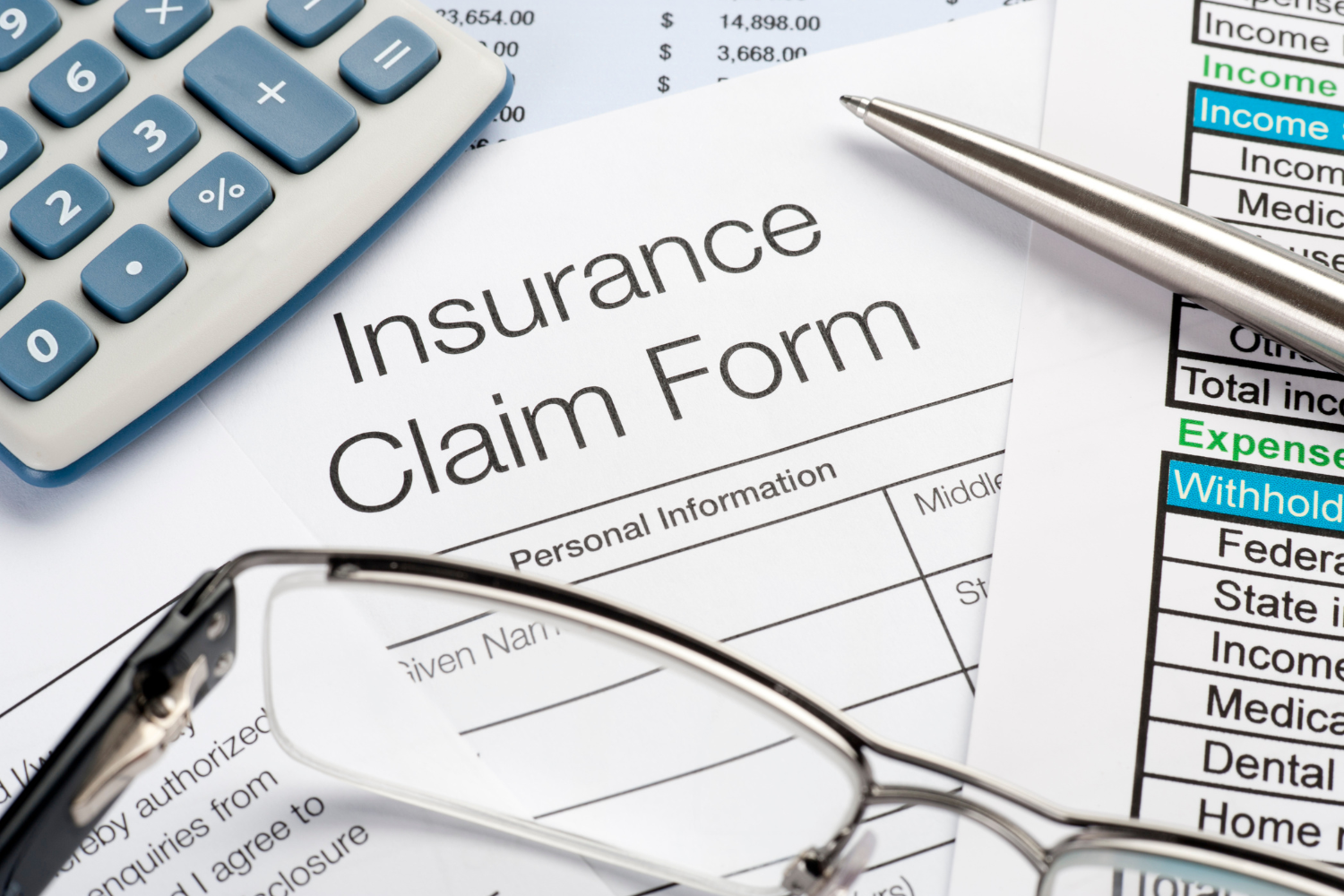Filing a car accident insurance claim in Clearwater can be complicated.
Even small mistakes may delay or reduce your compensation. Understanding Florida’s no-fault system and avoiding common pitfalls is key to securing a fair settlement. A Clearwater car accident lawyer can protect your rights and ensure you don’t settle for less than what you deserve.
Below are key mistakes to avoid when filing your claim.
Delaying Medical Treatment
Delaying medical care after an accident is a really common and potentially harmful mistake for those involved. You might feel perfectly alright initially, but injuries like whiplash, concussions, or internal issues aren’t always obvious right away.
Insurance companies often use delayed medical care as a reason to downplay or deny claims, arguing that your injuries were not severe or were unrelated to the accident.
Always seek medical attention as soon as possible and follow your doctor’s treatment plan to protect your health and strengthen your claim.
Failing to Gather Evidence at the Scene
Evidence is important to prove the details of your accident and the extent of your damages. If you are physically capable, take pictures and video of:
- Damage to all vehicles involved
- Skid marks, road conditions, and traffic signs
- Any visible wounds
- Weather conditions at the time of the accident
Furthermore, obtain the contact details of all the eyewitnesses who can provide testimonies. This would be a big help in proving your claim.
Not Filing a Police Report
Some drivers believe that since it is just a minor accident, the police need not be bothered with it. The problem is that this may weaken their claim.
A police report is a third-party account of what transpired at the scene of an accident. This will document vital information such as:
- Time, location, and parties involved
- Statements from drivers and witnesses
- Initial determination of fault by law enforcement
Insurance companies often take this report as proof of claims, so in its absence, the liability may be more difficult to prove.
Admitting Fault or Apologizing
Immediately after an accident, in shock, most people apologize as if it is all their fault when it very well may not have been the case. This will be used by the other party’s insurance company as your admission of guilt.
Don’t make statements that suggest you are at fault. When addressing the other driver, the police, or representatives from the insurance companies, stick to basic facts and leave the question of fault to the investigators.
Providing Excessive Information to Insurance Adjusters
Insurance adjusters are usually friendly and seem to be very helpful, but their job is to save money for the insurance company.
Giving too much information may be used against you later on. Only necessary information should be provided. A personal injury attorney should be consulted before making any official statement.
Ignoring the Statute of Limitations
Florida law says that victims of car accidents only have a specific window of time to file a claim. In general, a personal injury claim has a two-year statute of limitations from the date the injury occurred. Failing to file within this timeframe may cost them their right to seek compensation.
Insurance policies have their timelines regarding reporting an accident. Check your policy and file your claim as soon as possible to avoid complications.
Posting on Social Media
Many people don’t realize that insurance companies monitor social media activity. If you post pictures or updates that contradict your injury claims—such as engaging in physical activities—the insurance company may use this against you.
Avoid discussing your accident, injuries, or recovery process on social media until your claim is fully resolved.
Settling Too Quickly
Insurance companies may offer a quick settlement soon after the accident, hoping you’ll accept before realizing the full extent of your injuries or damages. These initial offers are usually much lower than what you deserve.
Once you accept a settlement, you cannot pursue further compensation, even if additional medical expenses arise later.
